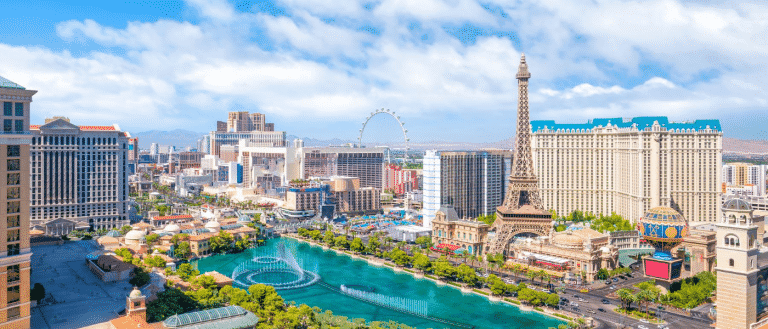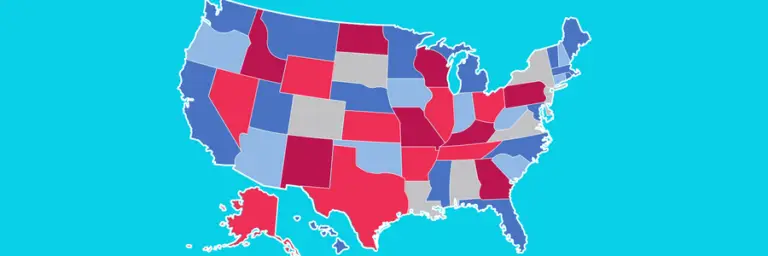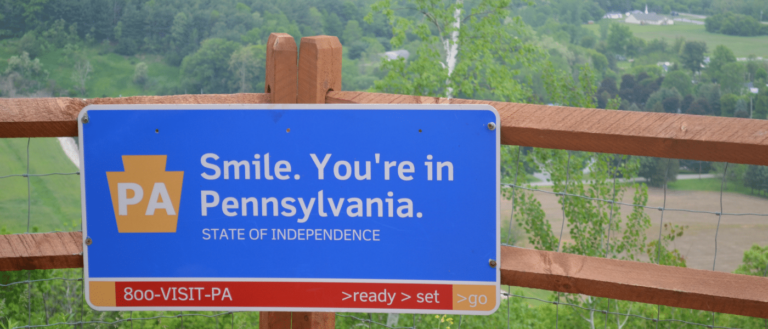Obstacles Preventing Indiana Online Gambling Expansion

Indiana is one of two frontrunners (Connecticut being the other) to legalize online casino and online poker in 2021. One factor working in the Hoosier State’s favor is its positive experience with online gambling products, as it legalized and launched online sports betting in 2019.
That said, sports betting has been rapidly spreading across the US while online casinos and poker have a track-record of legislative inertia. Indiana won’t be an exception to the rule, and “frontrunner” doesn’t mean Indiana is likely to pass online gambling legislation; it merely has the best chance to pass legislation.
Indiana’s Current Online Gambling Bills
State Senator John Ford is spearheading the latest Indiana online casino effort. Ford was instrumental in the passage of daily fantasy sports and sports betting in the Hoosier State and will almost assuredly run point for online casino and poker.
Ford’s bill (along with companion legislation in the House) calls for the following:
- Restricts operator licenses to Indiana casinos and racinos with a maximum of three online sites (skins) per licensee;
- A $500,000 operator license fee with an annual renewal rate of $50,000;
- A $100,000 license fee for interactive gaming management service providers, with an annual renewal rate of $25,000;
- An 18% tax on adjusted gross revenue;
- Earmarks 3.33% of tax revenue to the Addiction Services Fund, 25% of which must be dedicated to the prevention and treatment of compulsive gambling.
We posted a full breakdown of Indiana online casino bills in a recent post.
Indiana Online Gambling Needs to Navigate the Usual Obstacles
Gambling expansion is always tricky and rarely easy.
There are numerous, often diverse perspectives in any legislative body.
Some lawmakers will never be convinced to vote for gambling. Others represent districts with existing gambling and must best represent those interests. But one of the most significant issues is that most lawmakers don’t know much about gambling other than it’s a hot-button issue.
Then there are the particulars to hash out, including tax rates and licensing fees, oversight and consumer protections, and deciding what operators have access to the market.
In addition to politics, in Indiana, there are also numerous stakeholders to appease. That doesn’t seem to be an issue in Indiana, where the potential stakeholders are on the same page. Still, these issues can unexpectedly pop up during the process if an entity believes it can get the upper hand through a specific policy.
Indiana-Specific Obstacles
Like every state, Indiana has unique issues it will have to navigate.
Time Is Not on My Side
The first problem the state will deal with is Indiana has a short legislative session.
Indiana’s adjournment day is April 29, with bills needing to pass through the designated committee by mid-February. There are always opportunities to extend the session (there are very few hard legislative deadlines). Still, those are last resorts, and I’m not sure online gambling falls into the extraordinary circumstances category.
Couple the short session with 2021 being a budget year – Indiana passes a biennial budget – and that leaves very little bandwidth for the legislature to deal with Indiana online gambling expansion efforts.
VGTs are a Potential Poison Pill
When Pennsylvania pieced together a gambling expansion package, one of the big disagreements was VGTs. Pennsylvania eventually included VGTs in its final bill, but they were very limited in scope.
VGTs is something Indiana will also have to deal with, as there is an to bring VGTs to the state’s bars and restaurants. And with those businesses struggling from COVID-19 shutdowns, VGT .
That raises two issues, as VGTs could become an either-or proposition against online gambling, or they could get tacked on to an online gambling bill, which would likely erode support.
Federal Investigation
There’s also a federal investigation into illegal campaign contributions by a business partner of Rod Ratcliff, the now-former CEO of Spectacle Gaming, which owns stakes in the Majestic Star Casino and a new casino in Terre Haute, Indiana. The Terre Haute casino is now .
After , Spectacle lobbied to move Majestic Star inland and transfer the Majestic Star II’s gaming license to a new property in another locale.
As :
“State regulators had ordered Ratcliff to have no control over Spectacle after he resigned as chairman and CEO in June. That followed Ratcliff and Spectacle vice president John Keeler giving up their ownership in the company’s planned $125 million casino in Terre Haute to Gibson after Keeler faced allegations of illegally funneling corporate money to a former state lawmaker’s unsuccessful congressional campaign.”
While the investigation is ongoing, the optics of expanding gambling could be enough to put online casino and poker on the backburner.







